When it comes to cloud technology and businesses, it’s essential to know what you are getting and how it will protect your business from hackers looking to cash in on your data.
Estimated read time: 4 minutes

Understanding the Cloud
Cloud technology is not new. In fact, most businesses are already using cloud technology in some way every day but may not give a second thought to all the data they store and use in cyberspace.
Cloud technology is the on-demand availability of IT resources, including hardware and software, stored offsite and accessed through the internet. Cloud technology also includes virtual services with the most common being Software as a Service (SaaS), Platform as a Service (PaaS), Function as a Service (FaaS) and Infrastructure as a Service (IaaS). These are terms that those in the IT industry will recognize, but more often the average cloud technology user might think of them like this:
- Software as a Service (SaaS) – This cloud technology service is most commonly thought of when it comes to the different applications that businesses use to operate. QuickBooks® and Salesforce® are some common SaaS programs.
- Platform as a Service (PaaS) – This virtual cloud technology is a cloud computing service that supports multiple coding languages (such as Python and Java) for virtual application development. Some common PaaS examples are IBM® and Microsoft®.
- Function as a Service (FaaS) – Primarily used for web and streaming activities such as a website chatbot, FaaS supports the execution of code for event-driven triggers known as "events". An example of FaaS might be when a person clicks on an image on a website and a chatbot pops up providing the individual the ability to chat with the website owner in real-time. The action of clicking on the image and having the chatbot automatically pop up for the user's use is an event-driven FaaS.
- Infrastructure as a Service (IaaS) – In IaaS, third-party providers host and manage infrastructure components such as servers, storage, networking, and virtualization, allowing users to access and utilize these resources. An example of IaaS is the Hamilton Data Center. IaaS offers scalability, flexibility, and cost-effectiveness, allowing users to quickly provision and de-provision resources according to their needs without having to own or maintain physical hardware.
Cloud technology service payment models typically employ a pay-as-you-go service fee. The advantage to this type of model is the ability to offer businesses a cost-effective way to incorporate IT into their business. Cloud technology is flexible, convenient, and easy to scale based on a business's needs as they grow.
Types of Cloud Technology Available For Businesses: Public, Private & Hybrid
When it comes to the cloud technology services we discussed above, there are various ways businesses can work with cloud technology providers. The primary types are public, private and hybrid.
Public cloud technology services are the most common and are hosted and managed by third-party providers like Hamilton, offering resources such as storage and computing power over the internet. Public cloud technology providers manage everything involved with the infrastructure.
Private clouds on the other hand, are dedicated to a single organization and act more like an in-house data center for your business. The business itself finances and maintains the infrastructure for its own use. This type of cloud provides greater control, security and customization options for the business.
As you may have guessed, the hybrid cloud model combines both public and private clouds via the Internet and private networks. In today's modern world, businesses (especially small- to mid-sized ones) that have reached capacity with their in-house resources tend to employ a hybrid cloud. The hybrid cloud offers businesses the scalability they need while keeping their sensitive data secured in a private environment.
There are advantages and disadvantages to each of these types of cloud technology. Businesses must carefully evaluate their needs and objectives before choosing the model that works best for their organization. If you are unsure which steps to take or where to start, contact our team at Hamilton for a free consultation. As you can see there are many facets to consider when it comes to utilizing cloud technology and our experts are here to help you wade through the options.
Do the Due Diligence to Protect Your Business
With all this complexity in place, Ryan Wineteer, Director of Business Development at Hamilton, warns that it's easy for companies to forget about how they are protecting their data that lives in all these different areas.
In a recent radio interview, Wineteer explains that while you can search online and find a handful of potential solutions in a matter of minutes, it's important to understand what you're getting.
He encourages business owners to think about how the different solutions will protect their data in the cloud—and to confirm they are providing some type of security.
Another very important aspect that must be considered is how the cloud technology provider handles the data. In some situations, the data can become the cloud technology provider's property and the business may no longer own it. This in and of itself is reason for pause. Take a listen to the interview here.
Watch time: 6 minutes, 16 seconds.
Wineteer shares that businesses need to know the type of cloud technology they are currently utilizing and be aware of the data access and ownership terms and conditions. Here’s a list of items that should be considered when reviewing the current cloud technology platform being used:
- Data Encryption – How is your data encrypted and what are the data encryption standards?
- Access Control – What authentication mechanisms are in place?
- Physical Security – Are the data centers compliant with industry standards such as SOC 2 or SSAE 18? Is surveillance available?
- Data Residency & Compliance – Where is your data stored geographically? Do you have protections for HIPAA or CCPA?
- Backups & Disaster Recovery – What is in place for business continuity and how often are backups performed?
- Security Audits & Compliance Reports – What is the frequency of security audits and how are breaches reported?
- Incident Response – What are your procedures for handling security incidents and what’s your average response time?
- Data Segregation – How do you ensure separation of data among different customers and what do you do to prevent data leakage?
- Vendor Security – Do you rely on third-party vendors or subcontractors for security-related services?
- Scalability – How are you able to accommodate future scalability while maintaining security standards?
Just as you would when interviewing potential employees, the answers to these questions provide businesses with a view into their data center’s security measures so they can assess whether the provider meets their organization’s requirements. At a bare minimum, our experts encourage individuals to read the license agreement carefully to get the peace of mind they are looking for along with the necessary protection.
This may seem like a lot of work upfront, but the advantages to using the cloud far outweigh the risks if done properly. Hamilton can help your company run successfully on the cloud using a variety of solutions—including our own data center. Even if you’re not sure you’re ready, we’re available to talk through your initial questions and concerns without a high-pressure sales pitch.
© 2024 Nedelco, Inc. Hamilton is a registered trademark of Nedelco, Inc. dba Hamilton Telecommunications. Third party trademarks mentioned are the property of their respective owners.
For additional background information on the cloud and data centers, you can read more at, Do You Need a Data Center?
We are here to answer any of your questions, anytime.
Fill out the form below and one of our expert team members will be in contact with you very soon!
Feel free to call us directly at 308-381-1000.
Discover more about Hamilton Business Solutions here!







